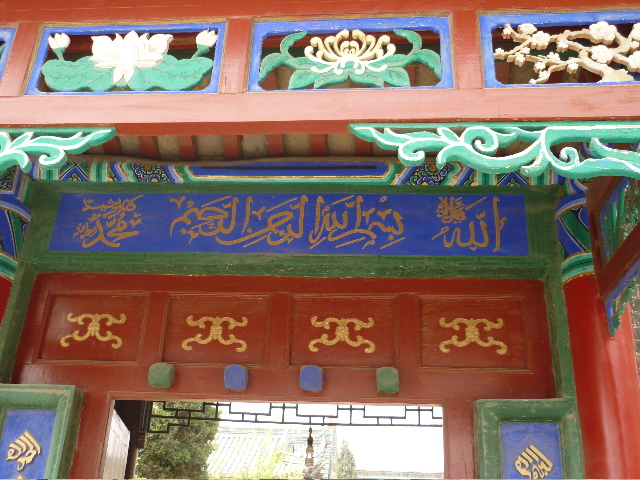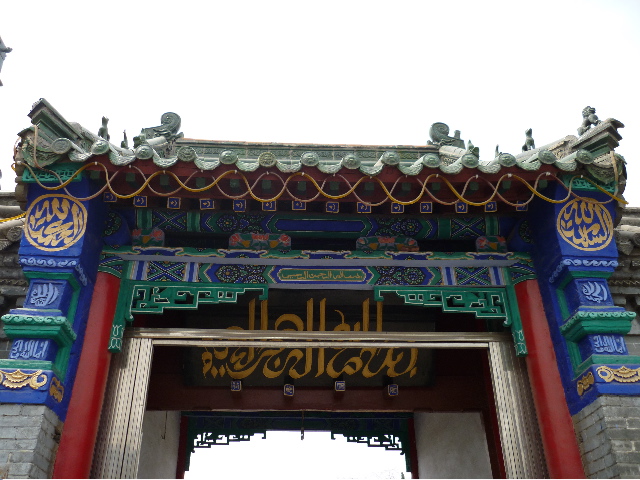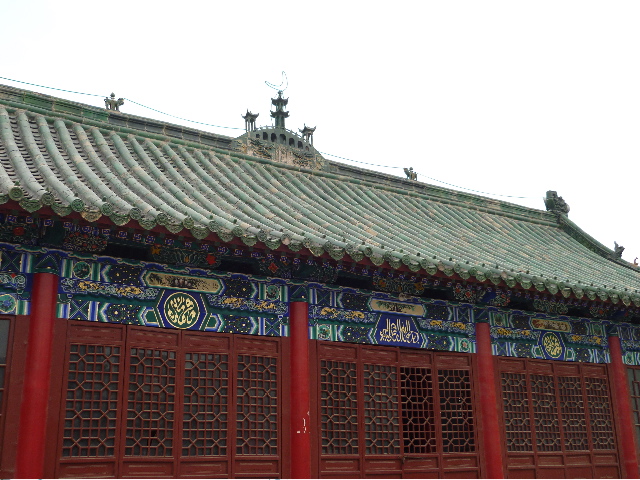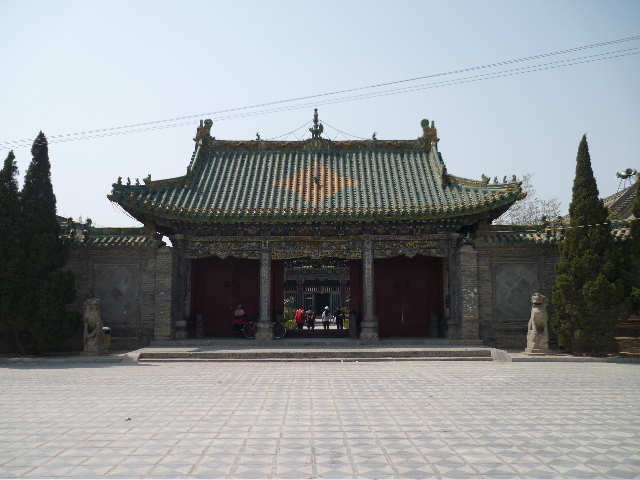Thailand: insurgents launch Army of Pattani?
The Thai military says Islamist insurgents in the country's south have formed a "Pattani Army" after an audacious raid on a government base near the Malay border.
The Thai military says Islamist insurgents in the country's south have formed a "Pattani Army" after an audacious raid on a government base near the Malay border.
Bolivia’s Aymara indigenous alliance CONAMAQ is charging that the ruling Movement to Socialism is seeking to divide their organization, warning of a potential for violence.
With fighting escalating after a 17-year ceasefire broke down last year, Burma’s Kachin Independence Army (KIA) has agreed to talks with the government.
Human rights lawyer Xu Zhiyong, who defends Chinese peasants struggling to keep their lands, proclaims his support for the Tibetans and calls for Han solidarity with their cause.
New fighting was reported from the southern Philippines island group of Mindanao, despite a recent deal on regional autonomy aimed at ending the decades-long insurgency.
Prominent Cambodian rights activist Mam Sonando was sentenced to 20 years imprisonment after being convicted of insurrection and inciting rebellion against the state.
A deadly suicide attack on the funeral of a police officer killed the previous day in a firefight with militants may signal a new advance of the Chechen insurgency into the Ingush Republic.
Under pressure to address the ongoing wave of targeted assassinations in Colombia, President Iván Duque for the first time spoke before the National Commission to Guarantee Security, formed by the previous government to address continuing violence in the country—which has only worsened since he took office last year. Duque said 4,000 people are now under the government's protection program for threatened citizens. But his office implied that the narco trade is entirely behind the growing violence. Interior Minister Nancy Patricia Gutiérrez told the meeting: "This great problem is derived from the 200,000 hectares of illicit crops that we have in Colombia." However, it is clear that the narco economy is but part of a greater nexus of forces that fuel the relentless terror—all related to protecting rural land empires and intimidating the peasantry. (Photo via Contagio Radio)

Gilberto Valencia, a young Afro-Colombian cultural worker, became 2019's first casualty of political violence in Colombia, when a gunman opened fire on a New Years party he was attending in his village in Cauca region. As the death toll from around the country mounted over the following weeks, the UN Mission to Colombia warned President Iván Duque that he must address "the issue of the assassinations of social leaders and human rights defenders." Colombia's official rights watchdog, the Defensoría del Pueblo, acknowledges that there was an assassination on average every two days in the country last year—a total of 172, and a rise of more than 35% over 2017. (Photo via Caracol Radio)

Trump, the great enthusiast for dictators, suddenly develops a touching concern with democracy in Venezuela, grasping at the opportunity for long-sought regime change. Predictably overlooked in the world media's Manichean view of the crisis are voices of Venezuela's dissident left that takes a neither/nor position opposed to both the regime and the right-wing leadership of the opposition. Also unheard are voices of indigenous dissent and resistance. In an episode that received little coverage, December saw protests in the remote Orinoco Basin after a leader of the Pemón indigenous people was killed in a confrontation with elite Military Counterintelligence troops. The military operation was ostensibly aimed at clearing the region of illegal mining—while the Pemón themselves had been protesting the mining. The indigenous leaders view the militarization of the region as intended to make way for corporate exploitation under the Orinoco Mineral Arc plan. (Photo: EcoPolitica Venezuela)

Talk about strange bedfellows! This week witnessed the surreal spectacle of US National Security Adviser John Bolton, the most bellicose neoconservative in the Trump administration, visiting Turkey to try to forestall an Ankara attack radical-left, anarchist-leaning Kurdish fighters that the Pentagon has been backing to fight ISIS in Syria. "We don't think the Turks ought to undertake military action that's not fully coordinated with and agreed to by the United States," Bolton told reporters. Refering to the Kurdish YPG militia, a Turkish presidential spokesman responded: "That a terror organization cannot be allied with the US is self-evident." Bolton left Turkey without meeting President Recep Tayyip Erdogan, who then publicly dissed the National Security Adviser's stance as a "serious mistake." YPG spokesman Nuri Mahmud, in turn, shot back: "Turkey, which has been a jihadist safe-haven and passage route to Syria since the beginning of the conflict, has plans to invade the region end destroy the democracy created by blood of sons and daughters of this people." (Photo: ANF)

On his first day in office, President Jair Bolsonaro issued a measure taking away responsibility for indigenous land demarcation from the indigenous affairs agency, FUNAI, and handing it over to the Agriculture Ministry. In the same decree, Bolsonaro shifted authority over regularization of quilombos (Afro-Brazilian collective lands) from the agrarian reform institute, INCRA, to the Agriculture Ministry. The measure greatly weakens FUNAI, taking away its most important function. In practice, key areas of indigenous and quilombo policy will now be in the hands of agribusiness advocates—a long-time demand of the Bancada Ruralista (agribusiness lobby) in Congress. Bolsonaro is openly calling for abolition of Brazil's large indigenous reserves, a move with grave implications for the Amazon rainforest and global climate. (Photo: Kayapo women in Brazilian Amazon, via FUNAI)